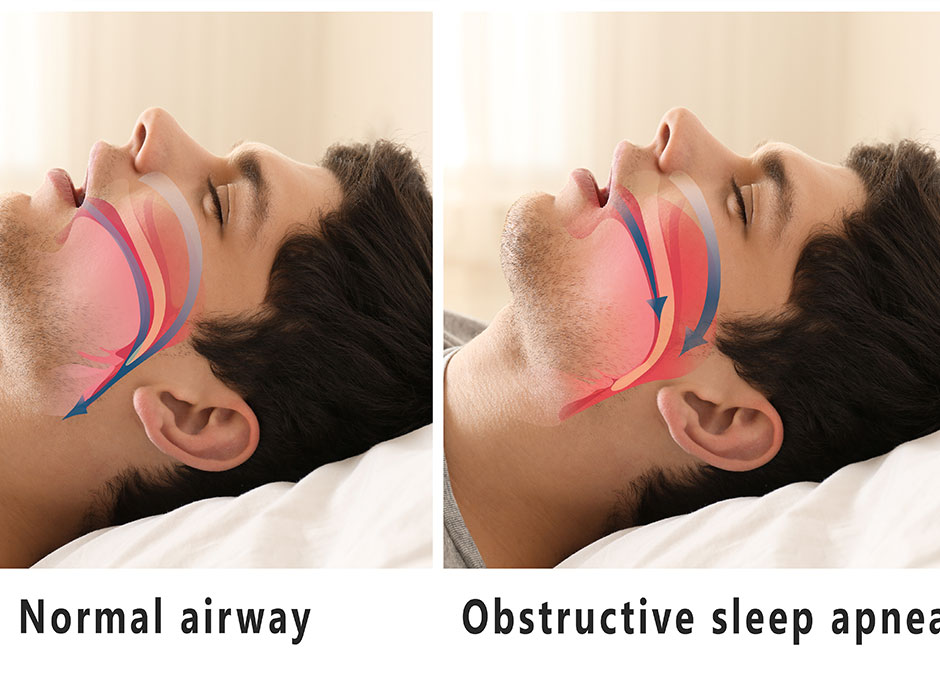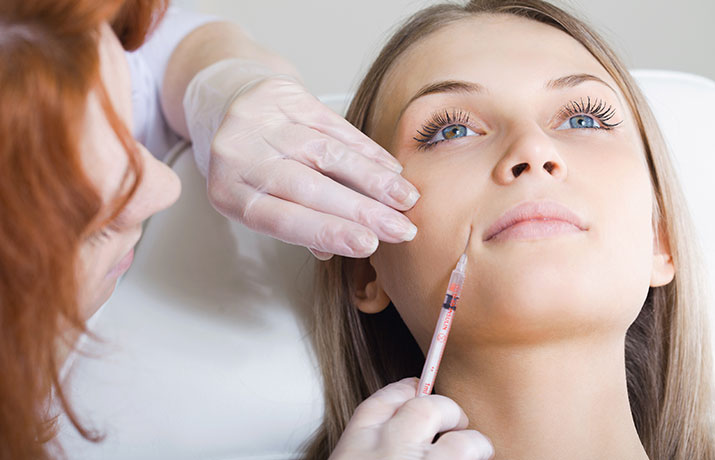Symptoms of Obstructive Sleep Apnea
Signs and symptoms of obstructive sleep apnea may vary from one person to another. But the most common ones include:
- Inability to wake up or function during the morning
- Snoring that is audible and distinct
- Episodic breathing problems such as stopping and pausing when sleeping
- Vivid nightmares and lucid dreams that is akin to sleep paralysis
- Waking up in the morning with dryness in the throat
- Morning hangover
- Inability to focus or pay attention properly during daytime
- Mood changes including psychological problems such as depression or anxiety
- Hypertension
- Fatigue and lack of energy
Who is at Risk?
Obstructive sleep apnea affects almost everyone. Factors that put you at a higher risk include:
- Obesity
Not everyone with obesity will develop sleep apnea, although most do. When the fatty deposits block the upper airway, your breathing gets obstructed. Other factors include obesity-related illnesses such as hypothyroidism and polycystic ovary syndrome.
- Age
As you grow older, the risk of obstructive sleep apnea gets higher.
- Narrow airways
People who are born with narrow airways.
- Hypertension
Obstructive sleep apnea is more prevalent in people with high blood pressure.
- Smokers
Smokers are at a higher risk of obstructive sleep apnea as nicotine provokes airway obstruction and inflammation in the nose and upper airway, thus reducing the space left for airflow.
The Complications and Risks
Complications of obstructive sleep apnea can include:
- Morning fatigue
Since people who suffer from obstructive sleep apnea do not have enough sleep at night, their daytime activities are interrupted due to lack of energy and trouble concentrating.
- Poor performance
Both adults and children with obstructive sleep apnea tend to do poorly at work and school due to restless sleep.
- The increase of heart-related diseases
When your blood oxygen levels go haywire, so does your heart since both of them go hand-in-hand together. Over time, these people develop high blood pressure as a result.
- Diabetes mellitus
People with obstructive sleep apnea are at a higher risk of developing type 2 diabetes as it promotes insulin resistance and alters the metabolism rate of glucose.
Good Night, Sweet Dreams!
Put an end to those sleepless nights by contacting us right now. We will help you with your sleep apnea woes so that you can sleep better and feel energized for the day.


